T4K3.news
Facial recognition technology used at Notting Hill Carnival
Met Police will deploy cameras for safety on the approach and exit of the Carnival.
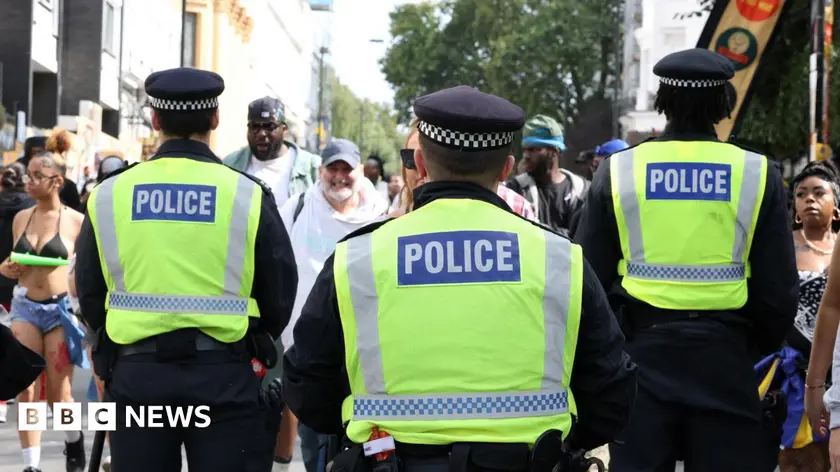
The Met Police will use facial recognition cameras to enhance safety at the Carnival.
Facial recognition technology deployed at Notting Hill Carnival
The Metropolitan Police will implement live facial recognition technology during the Notting Hill Carnival. Announced ahead of the August Bank Holiday event, the plan will see cameras positioned at the approach and exit areas, aiming to identify individuals considered a public safety risk. The police stated they will conduct pre-emptive arrests and searches targeting those they suspect may carry weapons or drugs. Critics, including Big Brother Watch's interim director Rebecca Vincent, have expressed concern about this technology's accuracy, particularly regarding minority faces.
Key Takeaways
"This technology is less accurate in scanning minority faces."
Rebecca Vincent of Big Brother Watch criticizes the proposed use of facial recognition technology.
"We need to identify and intercept people who pose a public safety risk."
A spokesperson from the Met Police outlines the intention behind using LFR cameras.
This move by the Metropolitan Police reflects a broader trend in law enforcement toward using advanced technology for crowd management and public safety. However, the introduction of facial recognition raises significant ethical questions about privacy and the potential for discrimination. Critics argue that the technology may disproportionately affect marginalized communities, leading to heightened tensions rather than increased safety. As public response evolves, the police may need to reconsider their approach to ensure community trust.
Highlights
- Privacy concerns rise with facial recognition use at events.
- Is surveillance technology worth the cost to community trust?
- The push for safety may lead us to lose essential freedoms.
- How accurate is facial recognition for everyone at the Carnival?
Concerns over privacy and discrimination from facial recognition
The deployment of facial recognition technology at a public event raises concerns about privacy violations and potential discrimination against minority groups.
The implications of this decision may influence future policing strategies.
Enjoyed this? Let your friends know!
Related News
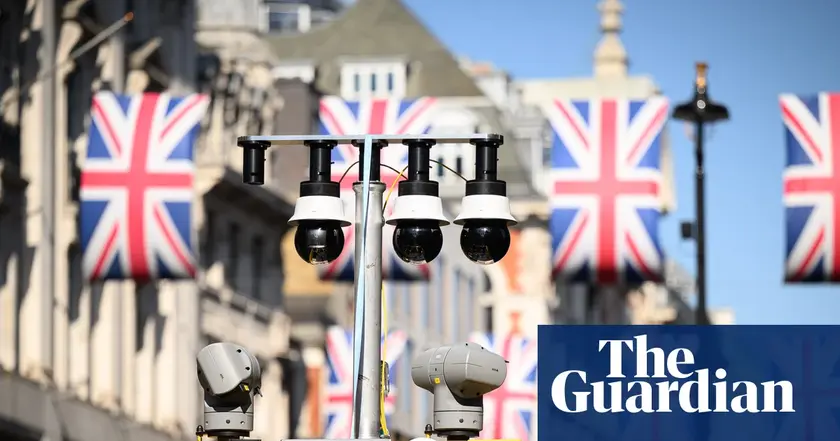
EHRC challenges Met on facial recognition at Notting Hill carnival
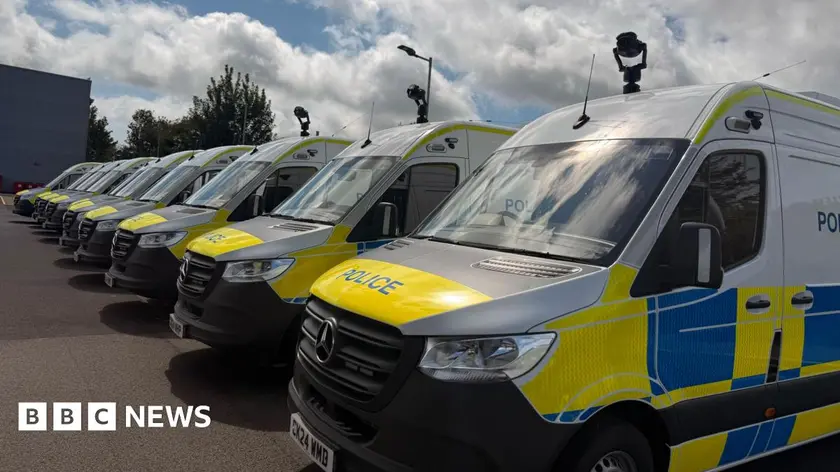
Live facial recognition vans expand
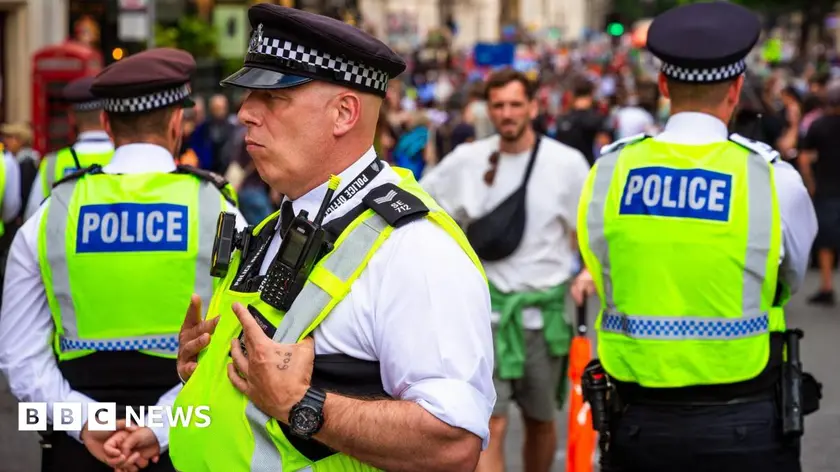
EHRC challenges Met facial recognition use
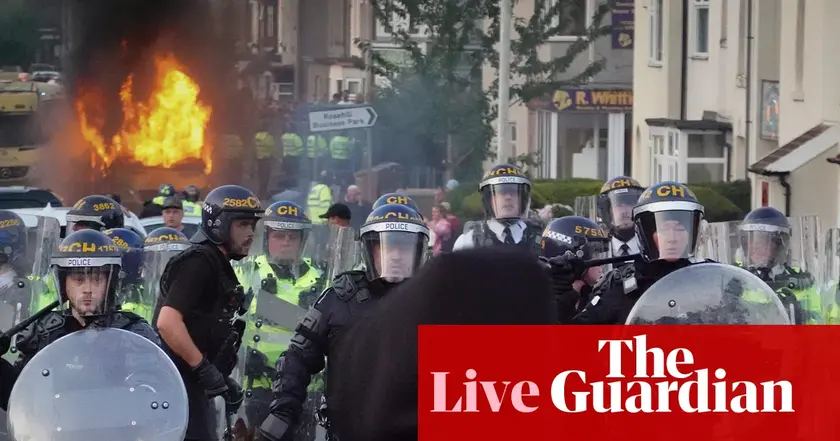
Police will share suspects ethnicity and nationality
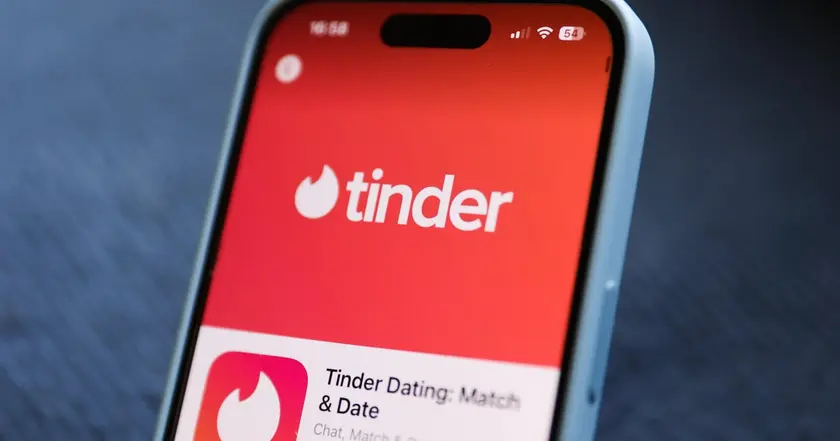
Tinder enforces new facial recognition feature in California

Tinder requires facial verification for California users
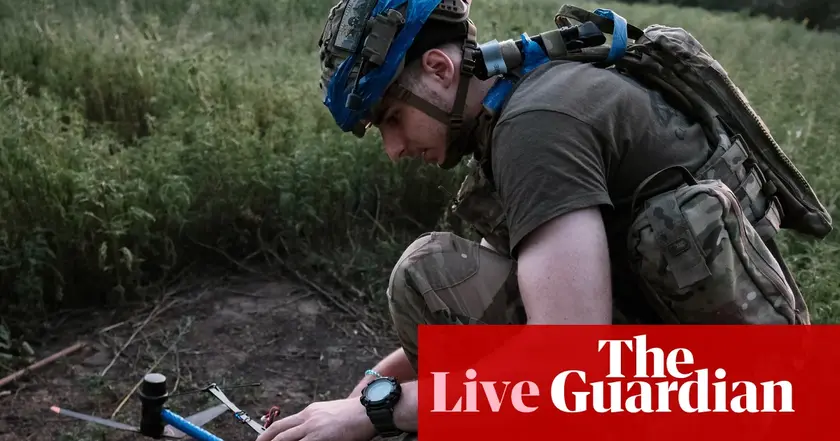
Ukrainian military impacted by Starlink outage
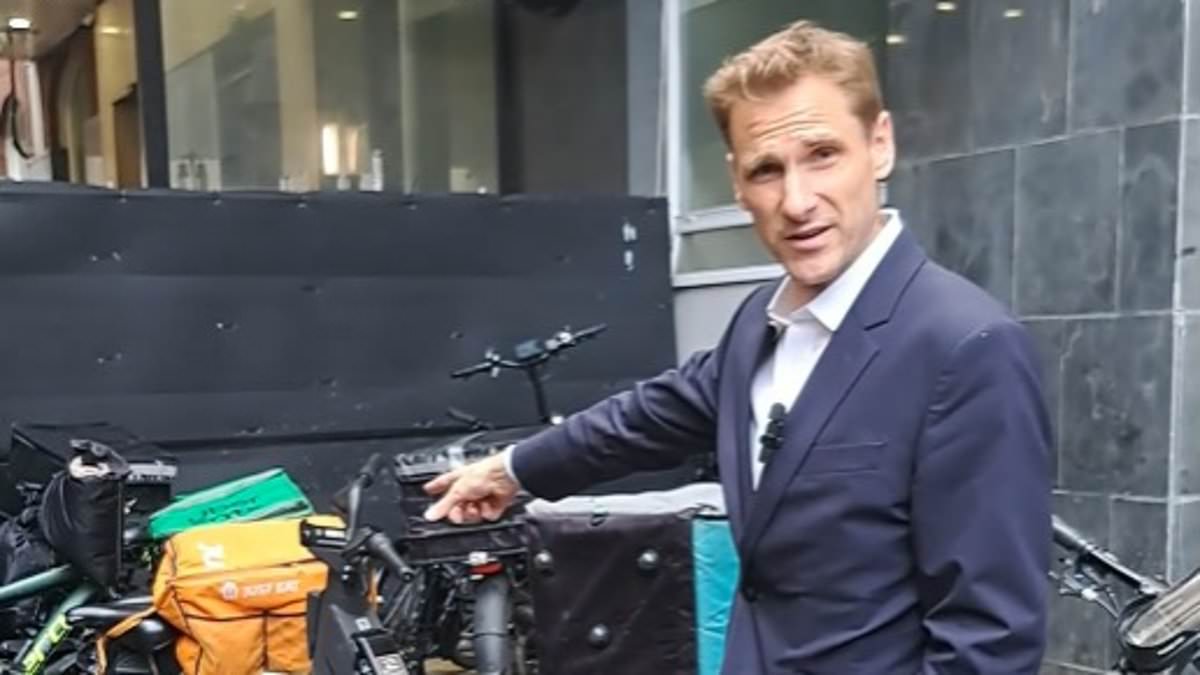
Home Office agrees to share asylum hotel locations with delivery firms
